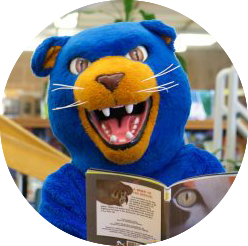
As a first-year college student, I have a newfound interest in the phenomenon of waste. I decided to read Waste by Brian Thill because I wanted to learn more about such an outstanding part of society. What is our role as young people in regulating waste, and how honest do we have to be to avoid evident and impending environmental and sociological disasters?
The book begins, “Every landscape is a trashscape . . . we must consider where these waste products, living and dead, could go next; or what it means for us if there really is nowhere else to go.” The intensely manicured nature of our professional and home spaces deems our trash making habits as normal. The process of transporting, processing, and dumping waste in undisclosed or inaccessible locations is the most important event in our everyday life but the notion that trash disappears is as far away from the truth as possible. We all believe that our obsession with consumption is sustainable but in fact the massive ecological effects of waste management are disturbing. The over-extraction and over-exploitation of resources works in paradox with the overwhelming disposable nature of what is actually created. The taxing human labor and exposure of toxic waste sites to poorer communities is a reality that is erased from our lives.
As we go outside we see many places set up to sell an experience that we can mindlessly participate in and ignore the effects of convenience at large. The very site of the transaction is the site of unseen decomposition. As a society we have been groomed to act like toddlers at the thought of waste. We are like children as we arbitrarily deem certain items as pretty or desirable. Personally I think that no object should be produced without its full life being realized through a detailed system of recycling. We all must realize that objects “die,” and the quicker an item is consumed, the more profit is gained in the wasting away of human lives that rely on hard labor. Brian Hill states, “Waste is every object, plus time.” True genius and technical mastery is an exact reckoning with this truth in real time. Urban planning agendas must be concerned with practical creativity in waste management amongst grotesque over-consumption. In summary, the text makes me wonder how high the price of innovation is, and if what we are experiencing as “the future” is innovative at all. In light of these considerations, it is important to remember our potential for creativity and brainstorming in the societal infrastructure. Let us continue to shine a light on waste and waste-making, which is the foundation for environmental literacy!
Get the books! Check out Waste by Brian Thill at BMCC’s Library or the New York Public Library.

About the author Rain Marie Robertson is a Literacy Studies Major at BMCC. Hailing from Atlanta, GA, she is often seen around her neighborhood in Harlem and enjoying matcha lattes in Meatpacking (at her other job).

This work is licensed under a Creative Commons Attribution-ShareAlike 4.0 International License.




